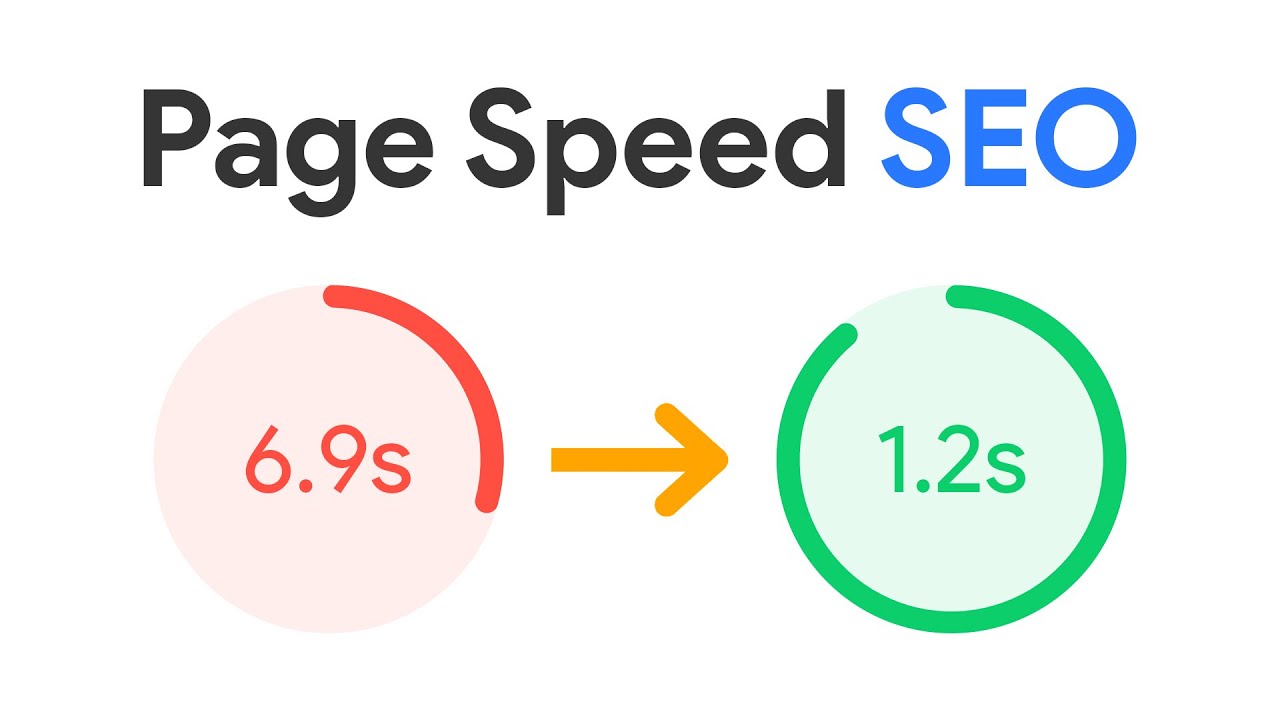Beginners Guide to Keyword Research for SEO Success
If you want to succeed in SEO, mastering keyword research for SEO is non-negotiable. Keywords are the bridge between what people are searching for and the content you create. Whether you’re launching a blog, building an e-commerce store, or optimizing a business site, understanding how to find and use the right keywords can drive targeted traffic and boost your search engine rankings.
In this step-by-step beginner’s guide, we’ll break down everything you need to know about keyword research for SEO, from why it matters to how to do it effectively.
What is Keyword Research for SEO?
Keyword research for SEO is the process of identifying the search terms (keywords) that your target audience types into Google or other search engines. The goal is to use these keywords in your content so your website appears in relevant search results.
Why Is Keyword Research Important?
- Drives Targeted Traffic: Keywords bring in people actively looking for your product or service.
- Improves Search Rankings: Well-optimized pages rank higher in Google.
- Helps Understand User Intent: You can create content that matches what your audience is actually searching for.
Using proper keyword research for SEO helps you stay ahead of your competitors and reach your ideal audience.
Step 1: Brainstorm Seed Keywords
Seed keywords are basic ideas related to your business, product, or niche.
Examples:
- For a web hosting company: “web hosting,” “cheap hosting,” “SEO hosting”
- For a bakery: “cupcakes,” “birthday cakes,” “dessert delivery”
Write down as many as you can. These will help you discover longer, more specific keyword ideas later in the process.
Step 2: Use Keyword Research Tools
There are free and paid tools to expand your keyword list and gather useful data.
Popular tools for keyword research for SEO:
- Google Keyword Planner (Free)
- Ubersuggest (Free/Paid)
- Ahrefs (Paid)
- SEMrush (Paid)
- AnswerThePublic (Free)
These tools help you find keyword suggestions, monthly search volume, keyword difficulty, and related questions.
Step 3: Analyze Search Intent
Understanding what users want when they type a keyword is critical.
Types of search intent:
- Informational: Looking for knowledge (e.g., “how to start a blog”)
- Navigational: Looking for a specific website (e.g., “Facebook login”)
- Transactional: Ready to buy or act (e.g., “buy hosting in Dhaka”)
Matching your content to the intent behind the keyword is essential in successful keyword research for SEO.
Step 4: Check Keyword Metrics
Look at:
- Search volume: How many people search for the keyword monthly?
- Keyword difficulty (KD): How hard it is to rank for that keyword?
- CPC (Cost Per Click): Indicates commercial value
Choose a mix of high-volume, low-competition keywords and long-tail phrases to improve your chances.
Step 5: Find Long-Tail Keywords
Long-tail keywords are longer, more specific phrases with lower competition but high intent.
Examples:
- “affordable SEO hosting in Bangladesh”
- “how to choose a domain name for business”
These are excellent for targeting niche markets and are vital in any keyword research for SEO strategy.
Step 6: Analyze Competitors
Check what keywords your competitors are ranking for using tools like Ahrefs or SEMrush.
Tips:
- Identify their top-performing content
- Look for gaps where you can offer something better
- Create content around missed opportunities
This gives you a huge advantage in keyword research for SEO.
Step 7: Organize and Prioritize Keywords
You can’t target every keyword at once. Group them by theme or topic and decide which ones to focus on first.
Categories:
- Blog ideas
- Product pages
- Local SEO
- FAQs or Help Pages
Use a spreadsheet to organize keywords with their volume, difficulty, and search intent.
Step 8: Use Keywords in Your Content
Now that you have your keywords, use them effectively:
- Page title and meta description
- Headings and subheadings
- First 100 words of content
- Image alt text and filenames
- Internal links
Don’t overuse them. Focus on writing natural, helpful content while integrating your keywords.
Bonus Tips for Keyword Research Success
- Update your keyword list regularly
- Track your rankings with tools like Google Search Console
- Combine keyword research with content marketing
- Use local keywords if you’re targeting a specific area (e.g., “SEO services in Dhaka”)
Final Thoughts – Keyword Research for SEO Success
Effective keyword research for SEO is the foundation of any successful digital marketing strategy. It helps you create content that resonates with your audience, attracts more visitors, and improves your rankings.
At RankHostie, we not only provide fast, reliable hosting but also help clients dominate Google search results through smart keyword research for SEO.
Want to get more traffic and better rankings? Contact RankHostie today and let us help you master keyword research for SEO! Follow us on Facebook, subscribe to our YouTube channel, and check out our customer reviews on Google My Business.















